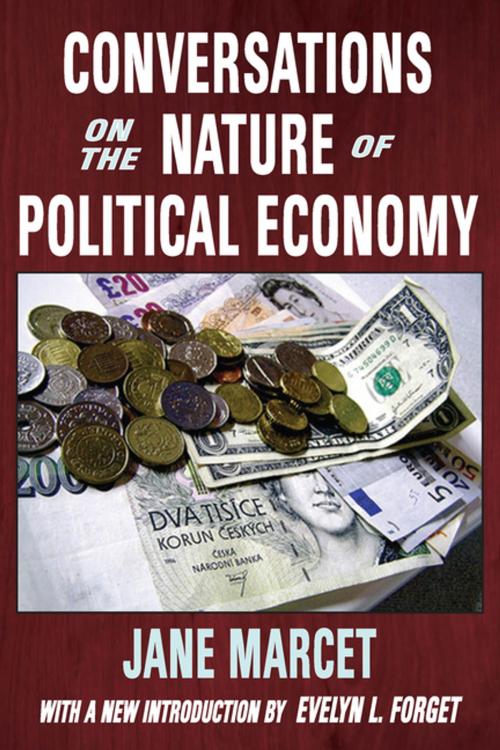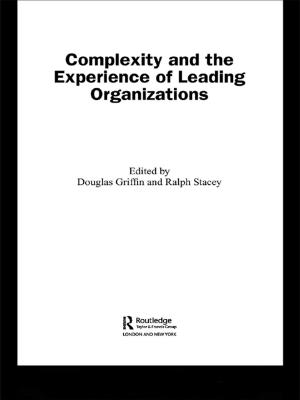Conversations on the Nature of Political Economy
Nonfiction, Social & Cultural Studies, Political Science, Politics, Economic Policy, Business & Finance, Economics| Author: | Jane Marcet | ISBN: | 9781351525879 |
| Publisher: | Taylor and Francis | Publication: | July 5, 2017 |
| Imprint: | Routledge | Language: | English |
| Author: | Jane Marcet |
| ISBN: | 9781351525879 |
| Publisher: | Taylor and Francis |
| Publication: | July 5, 2017 |
| Imprint: | Routledge |
| Language: | English |
Jane Marcet is not writing for the working classes, but for women and men of the educated classes of the nineteenth century. She draws her principles and materials from the writings of the great masters who have written about political economy, particularly Adam Smith, Th omas Robert Malthus, Jean-Baptise Say, Jean Charles Luonard de Sismondi, and David Ricardo.Marcet consolidates the ideas of bankers as well as professional political economists. She makes their ideas accessible, not only to the young people she identifi es as her audience in the book's preface, but also to the middle classes--political actors and business people. She challenges the English classical school to take seriously the ideas of continental economists by inserting those ideas into a popular book.Marcet maintains distance from some of the central tenets of classical economics, but engages in conversation with its masters. Sometimes she accepts criticism of their ideas, but at other times she keeps her own counsel. The ideas of the masters will be immediately identifi able to those for whom political economy is not new, although a few of their more abstruse questions and controversies have been omitted. When the soundness of a doctrine appears well established, Marcet presents it conscientiously. Evelyn L. Forget's well written introduction describes the life and background of the author as well as the book's history, bringing this timeless classic into the twenty- first century.
Jane Marcet is not writing for the working classes, but for women and men of the educated classes of the nineteenth century. She draws her principles and materials from the writings of the great masters who have written about political economy, particularly Adam Smith, Th omas Robert Malthus, Jean-Baptise Say, Jean Charles Luonard de Sismondi, and David Ricardo.Marcet consolidates the ideas of bankers as well as professional political economists. She makes their ideas accessible, not only to the young people she identifi es as her audience in the book's preface, but also to the middle classes--political actors and business people. She challenges the English classical school to take seriously the ideas of continental economists by inserting those ideas into a popular book.Marcet maintains distance from some of the central tenets of classical economics, but engages in conversation with its masters. Sometimes she accepts criticism of their ideas, but at other times she keeps her own counsel. The ideas of the masters will be immediately identifi able to those for whom political economy is not new, although a few of their more abstruse questions and controversies have been omitted. When the soundness of a doctrine appears well established, Marcet presents it conscientiously. Evelyn L. Forget's well written introduction describes the life and background of the author as well as the book's history, bringing this timeless classic into the twenty- first century.















